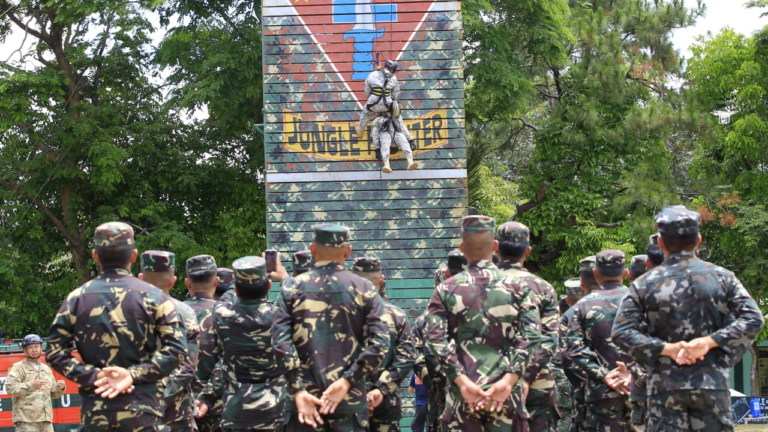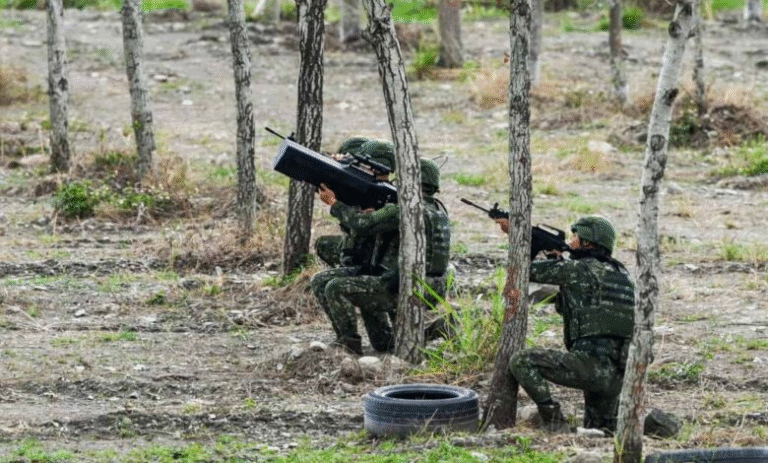
The world will never forget the Tiananmen Square massacre, the US secretary of state and Taiwan president have said on the 36th anniversary of the crackdown, which China’s government still tries to erase from domestic memory.
There is no official death toll but activists believe hundreds, possibly thousands, were killed by China’s People’s Liberation Army in the streets around Tiananmen Square, Beijing’s central plaza, on 4 June 1989.
“Today we commemorate the bravery of the Chinese people who were killed as they tried to exercise their fundamental freedoms, as well as those who continue to suffer persecution as they seek accountability and justice for the events of June 4, 1989,” said Marco Rubio, the US’s top diplomat, in a statement.
In a Facebook post, Taiwan’s president, Lai Ching-te, also praised the bravery of the protesters.
“Authoritarian governments often choose to silence and forget history, while democratic societies choose to preserve the truth and refuse to forget those who gave their lives – and their dreams – to the idea of human rights,” Lai said.
Ahead of the 1989 massacre protesters had been gathering for weeks in the square to call for democratic reforms to the CCP. The student-led movement attracted worldwide attention, which turned to horror as tanks rolled into the square to clear the encampment. Several protesters were also killed at a smaller demonstration in Chengdu, a city in south-west China.
The date of 4 June remains one of China’s strictest taboos, and the Chinese government employs extensive and increasingly sophisticated resources to censor any discussion or acknowledgment of it inside China. Internet censors scrub even the most obscure references to the date from online spaces, and activists in China are often put under increased surveillance or sent on enforced “holidays” away from Beijing.
New research from human rights workers has found that the sensitive date also sees heightened transnational repression of Chinese government critics overseas by the government and its proxies.





